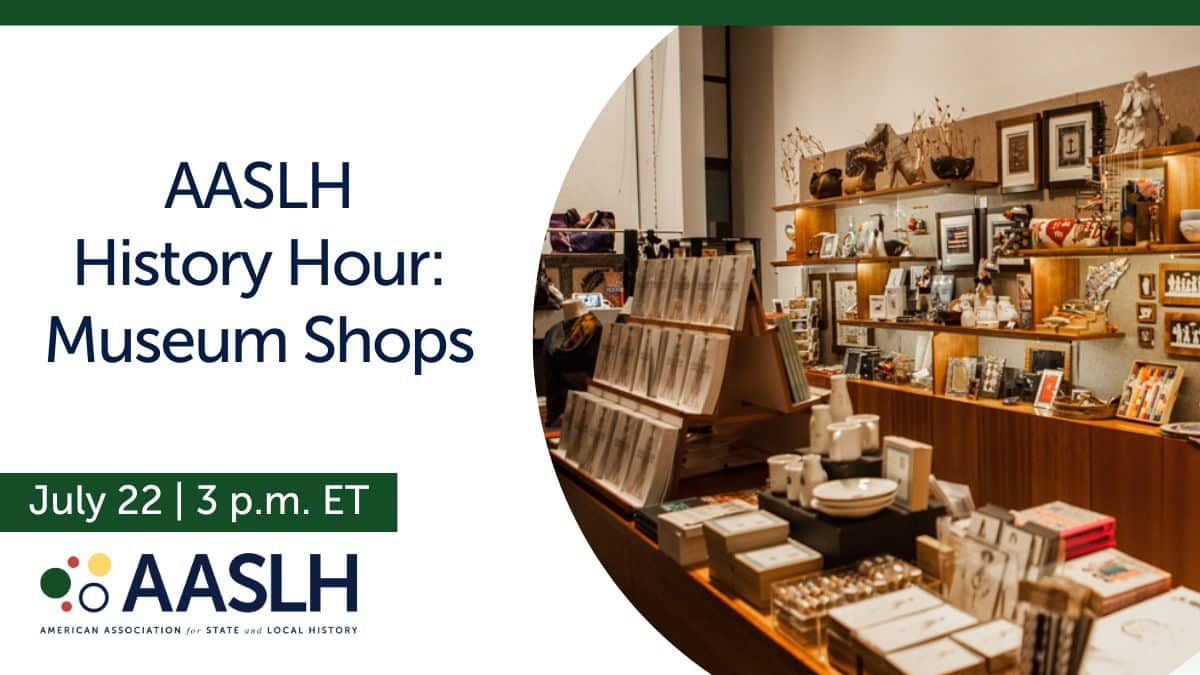In March 2014, www.trendwatching.com issued a report on “Heritage Heresy: Why 2014’s Heretical Consumers View Nothing as Sacred.” While mainly a marketing report, the five-point document contains many troublesome questions for those who work in Corporate History Museums and Archives.
The trend of Heritage Heresy states that “Rising numbers of consumers are embracing brands that play with, subvert, and even explode their own heritage.” If this is the case, how do we in the history profession help convince companies that it is worth their while to maintain an archives or museum and cherish their corporate heritage? The report includes a few serious points that could prove problematic for the future of corporate history. A couple of things driving the trend of Heritage Heresy include:
The report includes a few serious points that could prove problematic for the future of corporate history. A couple of things driving the trend of Heritage Heresy include:
- Brand Baggage: Brand heritage becomes brand baggage.
- Clean Slate Competition: Consumers are flocking to brands without history and heritage.
- Not-So-Virgin Consumers: New markets, new mindsets, new heresies.
Brand Baggage states that the focus on the history of brands has made some companies irrelevant as it prevents them from offering new products relevant for today. Clean Slate Competition allows consumers to navigate to brands without the barriers of past problems. New companies “embody the values of contemporary consumers: storied, responsive, accessible, sustainable, ethical.” Finally, Not-So-Virgin Consumers represent new, younger consumers looking for uncharted waters for their money. They are turning away from the “’tired’” brands used by their parents.
So how do we as corporate history professionals respond to these trends? Is the history of your brand baggage for your company? How do we defend ourselves in the annual budget when consumers are looking for brands without history and heritage?
What do you think?
Bethany L. Hawkins is the Program Manager for AASLH. She is the staff liaison for the Corporate History Affinity Group.




